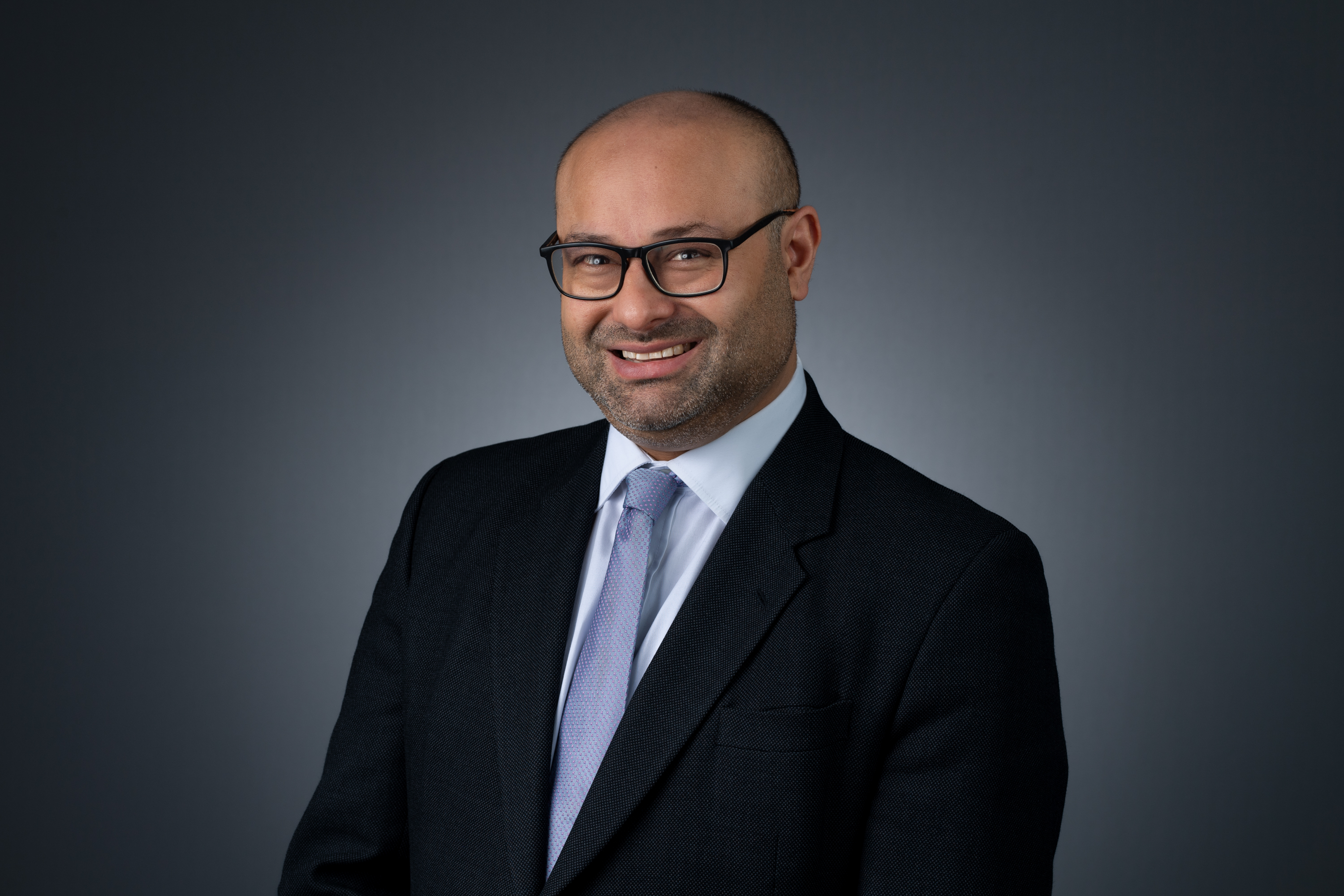
Can science beat the coronavirus?
A report from a recent online event we hosted about COVID-19 which covered progress on a vaccine, the latest on testing and the impact on cancer patients.
1 min read
Coronavirus and our services
We’re here to help clients who may be affected by coronavirus and have robust plans in place to minimise any disruption to our service
“If we work together, if we work as a community, if we put our shoulders to the wheel, we will get through this."
That was the positive message about coronavirus that Nobel Laureate Sir Paul Nurse, Director of biomedical research facility The Francis Crick Institute, shared with Coutts clients.
He was speaking at an exclusive online event hosted by Mohammad Syed, Head of Asset Management at Coutts, in the first in a series of sessions designed to connect clients to leading insight on hot topics.
Our Chairman Lord Waldegrave discussed some of the biggest issues surrounding the coronavirus with Sir Paul and Sarah Woolnough, Executive Director, Policy & Information at Cancer Research UK. Her organisation is the world’s largest cancer charity and a key funder and partner of ‘The Crick’.
In just two weeks, Sir Paul’s organisation has transformed itself from biomedical research body to testing facility for NHS staff and patients. The Crick aims to manage at least 2,000 tests a day and return the results in under 12 hours. Its research teams are also looking into ways to combat the virus.
“We’re a discovery research lab, we’re not a testing lab, so this is quite a different way of working,” Sir Paul said. “But we realised that we had the machinery, the lab facilities and also the skill sets to fairly easily put this in place. If you don’t know where your enemy is, you can’t fight it, so testing becomes crucial.”
Vaccine “will take time”
Running in parallel with worldwide lockdown measures is the race to find a vaccine. Global consensus is that life can’t really return to normal without one, but sadly there isn’t a quick fix.
As Sir Paul told the audience, “We will get the answers, but it will take time. Some say we’re going to have a vaccine by September, others say 18 months. I think it will be a little more difficult than September, hopefully it won’t be as long as 18 months.
“We have many people across the world working on this, trying to work it out very rapidly. ”
“Until we know the basic biology of the COVID-19 virus, and until we know how the human body responds to that virus, we cannot plan out a good exit strategy. We are flying blind.”
But he added, “We have many people across the world working on this, trying to work it out very rapidly.”
Cancer treatment severely disrupted
One of the cruellest aspects of the coronavirus is the significant threat it poses to people already battling with existing health conditions.
Offering her unique perspective on this issue was Sarah who spoke about the huge impact coronavirus is having on cancer patients across the country.
“The reality is cancer treatment is severely disrupted,” she said. “Quite a lot of cancer treatment is being delayed or disrupted, and that is of course very distressing to cancer patients.
“But also we’ve seen this radical drop in the number of patients presenting with cancer signs and symptoms at a GP surgery. Clinical leaders across the country describe things as being ‘eerily quiet’ in GP surgeries. We also see many of the screening programmes being paused and screening services disrupted.”
Sarah told the audience this unfortunately exacerbated an existing problem in the UK around late cancer diagnosis.
“If you compare cancer survival rates in the UK to those of comparable health systems, we don’t do as well,” she said. “Our hypothesis is we often diagnose late and sub-optimally treat. Cancer Research UK has been at the forefront of efforts over the past decade or so to encourage earlier diagnosis.”
She added, “We have been working very closely with the NHS and many of the royal colleges to develop new guidance and try to ensure that essential cancer treatment does continue."
Find out more about how you can support The Francis Crick Institute and Cancer Research UK. And if you’d like to help those most affected by coronavirus, you can read our recent article which offered three top philanthropic tips.









